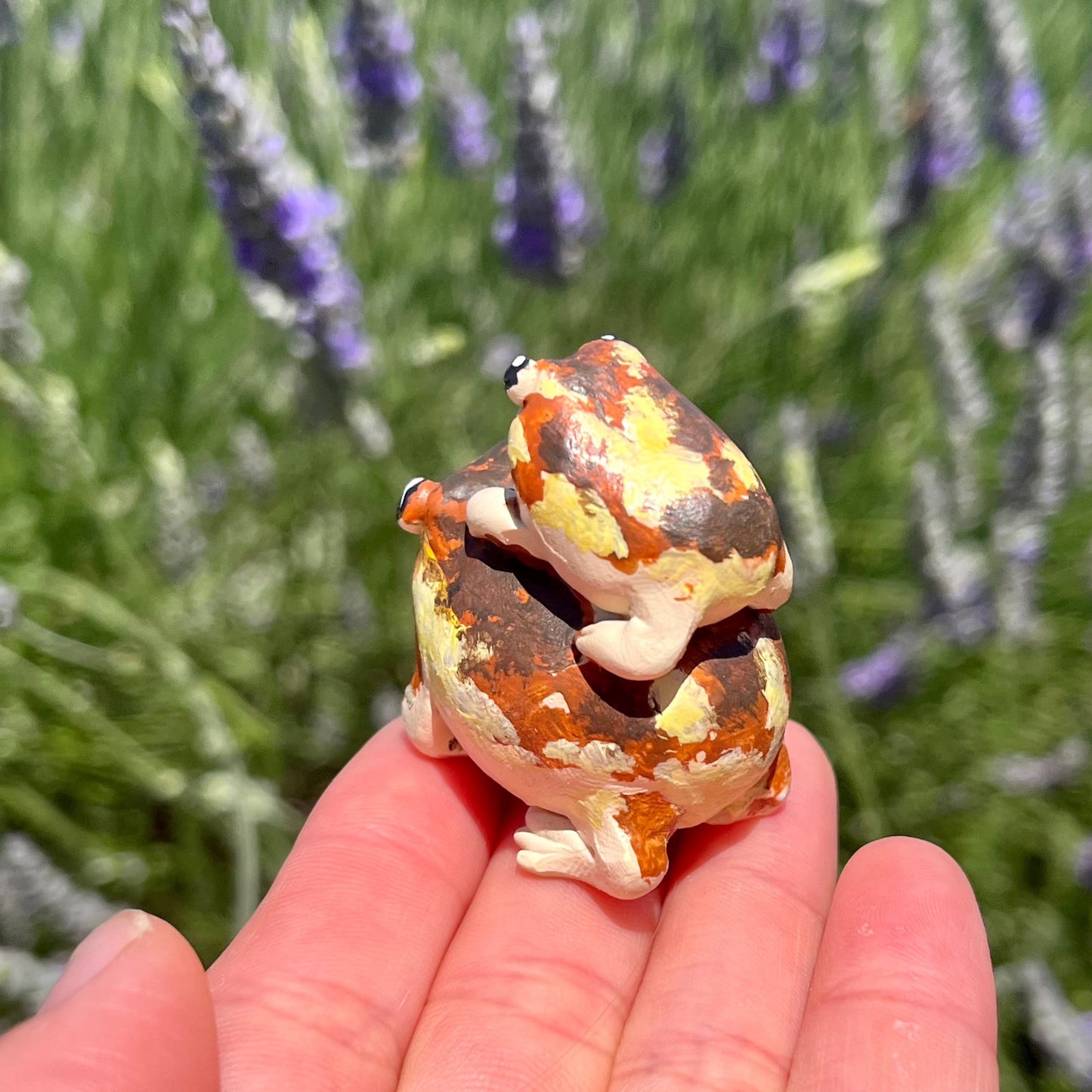Common Wellness Issues in Reptiles: Signs And Symptoms and Solutions
In the elaborate globe of reptile care, comprehending the usual health issues that may impact these special creatures is vital in guaranteeing their health. Whether it's grappling with parasitical problems, navigating dehydration problems, or attending to skin disorders that show up in refined ways, being attuned to the signs and equipped with the expertise of efficient remedies is vital for any reptile proprietor.
Respiratory Infections
Breathing infections in reptiles can significantly influence their total health and wellness and need punctual focus from skilled vets. These infections are frequently brought on by microorganisms, infections, or fungi and can manifest via signs and symptoms such as hissing, nasal discharge, open-mouth breathing, and sleepiness. In reptiles, breathing infections can be specifically testing to identify and treat because of their special makeup and physiology. Vets typically count on a mix of checkups, analysis imaging, and laboratory tests to precisely determine the underlying cause of the infection.
Therapy for respiratory system infections in reptiles commonly involves a mix of encouraging care, such as keeping appropriate moisture degrees and temperature level gradients in the room, in addition to targeted medicine to resolve the specific microorganism liable for the infection. It is essential for reptile proprietors to check their family pets carefully for any kind of signs of respiratory system distress and look for veterinary care at the earliest sign of a problem. With prompt treatment and proper treatment, several reptiles can recover completely from respiratory system infections and resume typical activities.

Metabolic Bone Condition
What elements add to the development of Metabolic Bone Condition in reptiles?
Metabolic Bone Condition (MBD) in reptiles is primarily brought on by an absence of proper calcium, phosphorus, and vitamin D3 levels in their diet plan. When reptiles do not obtain ample calcium, either via their food or appropriate UVB direct exposure for vitamin D3 synthesis, they are at a high danger of creating MBD. Reptiles with diet regimens low in calcium or unbalanced calcium to phosphorus proportions are specifically prone. Furthermore, insufficient direct exposure to UVB light protects against reptiles from synthesizing vitamin D3, which is essential for calcium absorption and bone health and wellness.
Various other adding aspects to MBD include improper temperature gradients within the reptile's habitat, leading to reduced metabolic process and impaired calcium absorption. Insufficient moisture levels can likewise affect a reptile's capacity to metabolize calcium effectively. Particular reptile varieties have details dietary demands that, if not met, can enhance the possibility of creating MBD. Routine veterinary examinations, correct husbandry methods, and a balanced diet regimen are essential to stop Metabolic Bone Illness in reptiles.
Parasitical Invasions
Parasitic infestations pose a significant health threat to reptiles, affecting their overall health and calling for timely vet attention. Reptiles can be impacted by different bloodsuckers, including termites, ticks, inner worms, and protozoa. These parasites can create a variety of symptoms, such as weight management, sleepiness, skin irritation, looseness of the bowels, and even fatality if left neglected.
One common bloodsucker discovered in reptiles is the mite, which can trigger skin stress, irritability, and anemia. Ticks are one more outside bloodsucker that can transmit diseases and trigger discomfort to the reptile. Inner bloodsuckers like worms and protozoa can lead find more to gastrointestinal issues, poor nutrition, and compromise the reptile's immune system.
To detect a parasitical invasion, a vet might perform fecal examinations, skin scrapings, or blood tests. Therapy frequently entails deworming medicines, antiparasitic baths, or in serious cases, hospitalization. Preventative actions such as regular vet exams, appropriate health, and quarantine procedures for new reptiles can aid decrease the threat of parasitical invasions and guarantee the wellness of reptile pets.
Dehydration and Hydration Issues
Dehydration in reptiles can considerably influence their health and wellness, necessitating prompt intervention and proper hydration management. If left neglected, dehydration can lead to severe health concerns and also be fatal to the reptile.
To stop dehydration, reptile owners should make certain that their family pets have access to tidy water whatsoever times. The water recipe need to be huge enough for the reptile to take in if needed, particularly for varieties that absorb water via their skin. Furthermore, keeping proper moisture degrees in the reptile's room and offering normal bathrooms can help prevent dehydration.
In instances of dehydration, it is critical to look for vet care quickly. A vet might carry out liquids either by mouth or through injections to rehydrate the reptile. It is essential to attend to the underlying source of dehydration to protect against reappearance and guarantee the reptile's total health.
Skin Disorders

Conclusion

Respiratory infections in reptiles can dramatically influence their general health and call for punctual interest from skilled vets (rain frog for sale). Preventative actions such as routine vet examinations, proper hygiene, and quarantine procedures for new reptiles browse this site can aid lessen the threat of parasitic problems and make sure the wellness of reptile family pets
If left untreated, dehydration can lead to serious health problems and also be deadly to the reptile.
Regularly checking your reptile for any changes in skin color, appearance, or structure can help in early discovery and treatment of skin conditions, promoting the overall health and health of your flaky friend. - rain frog for sale
In verdict, reptiles are prone to different wellness issues such as respiratory system infections, metabolic bone condition, parasitic invasions, dehydration, and skin ailments.